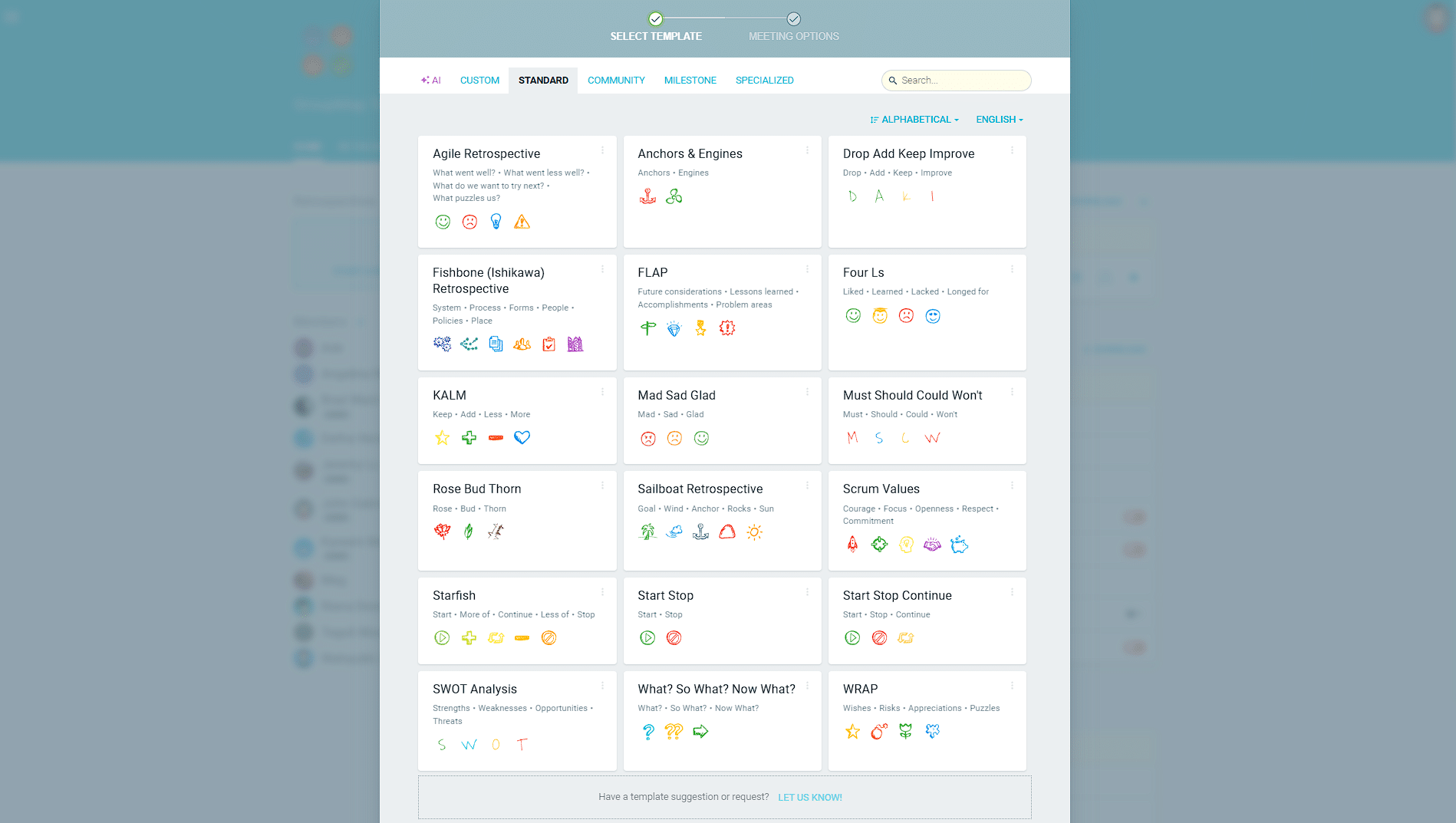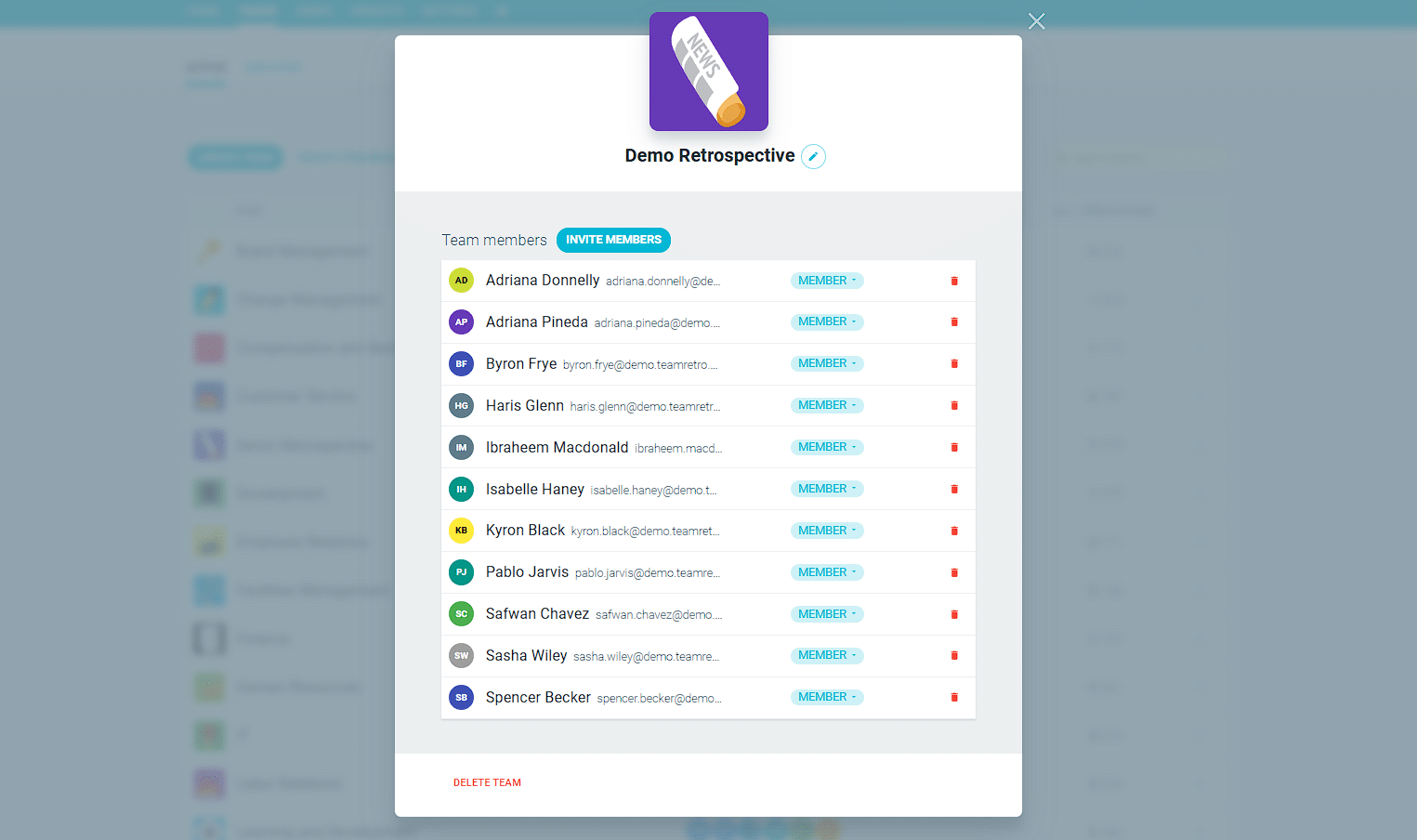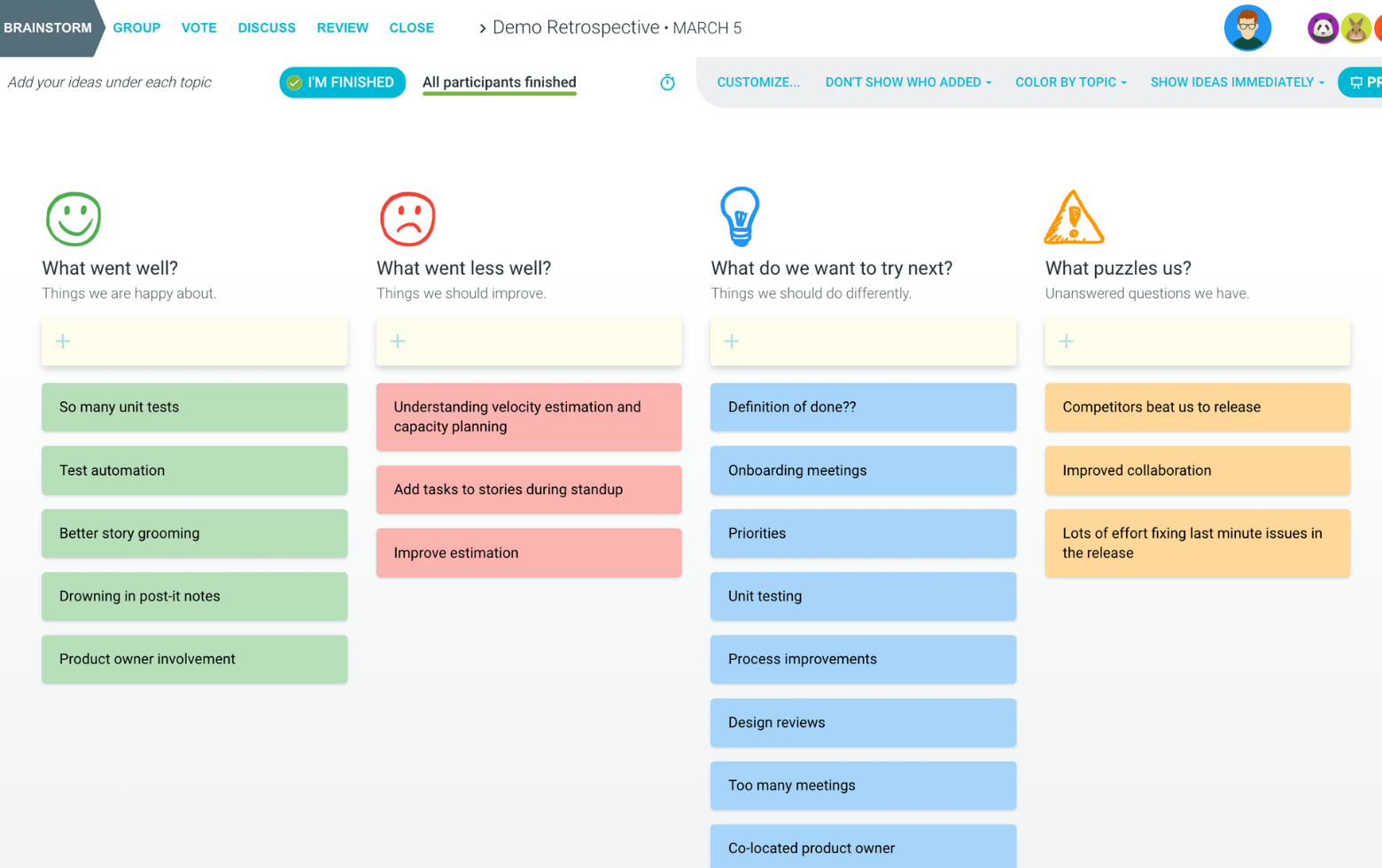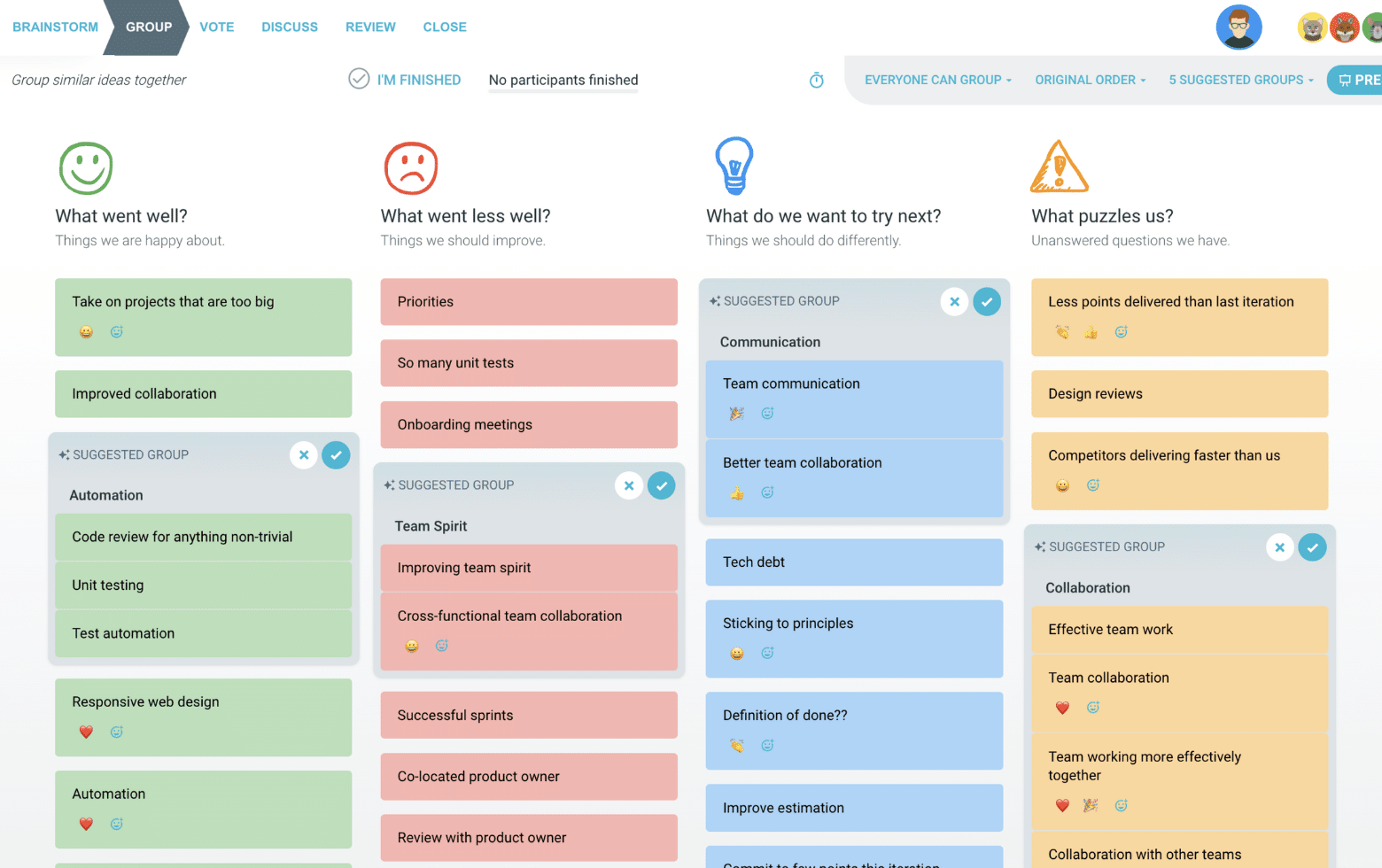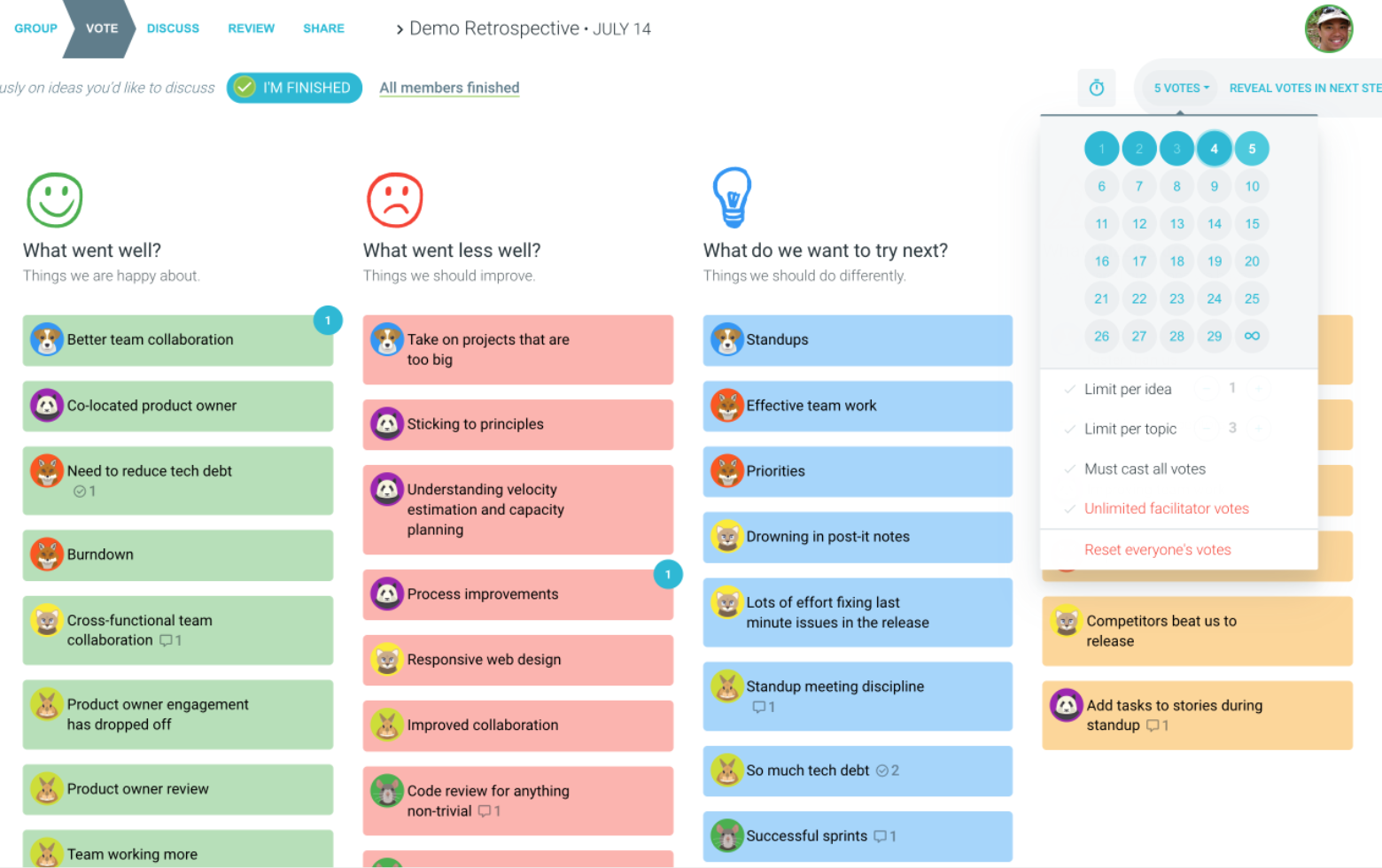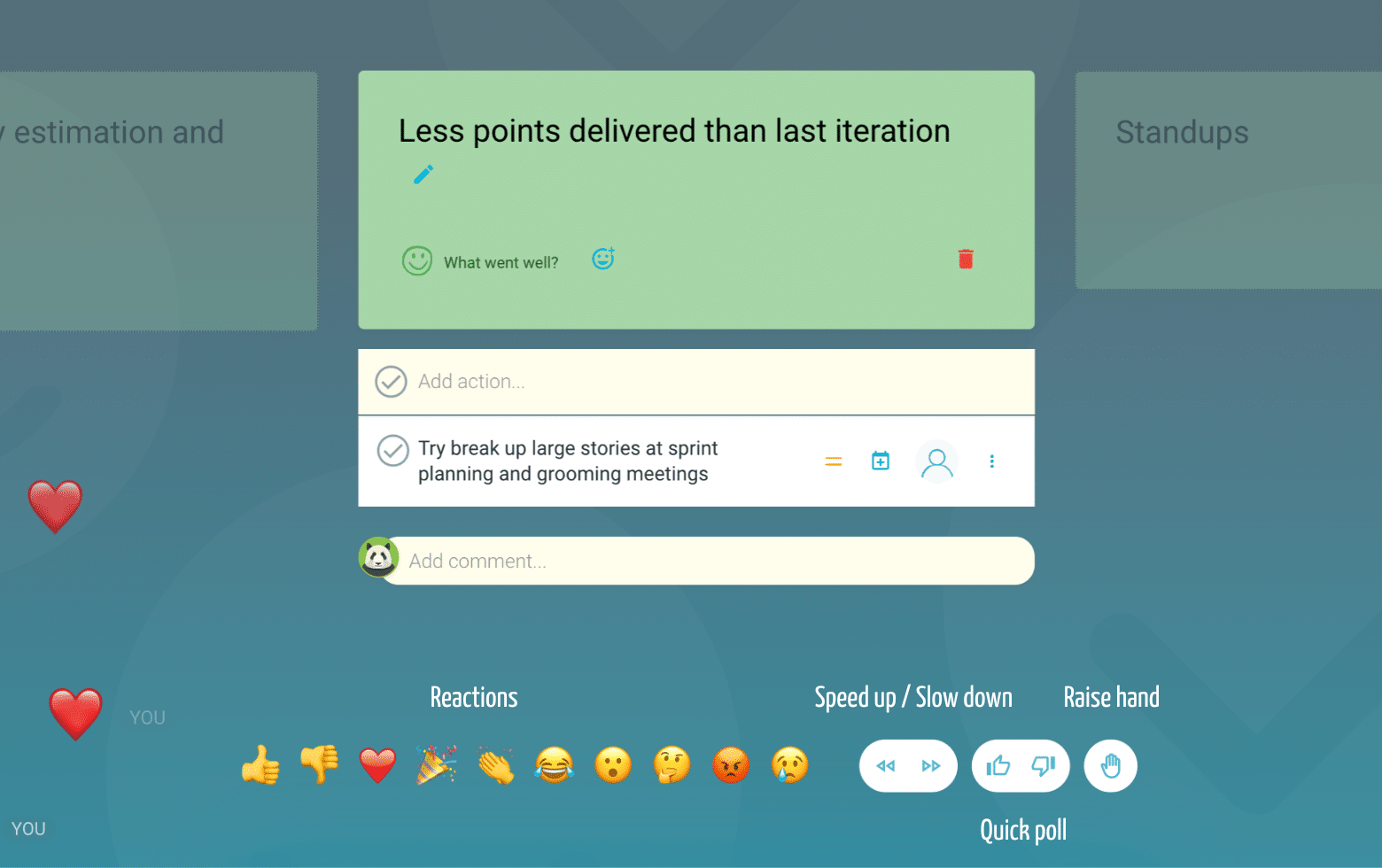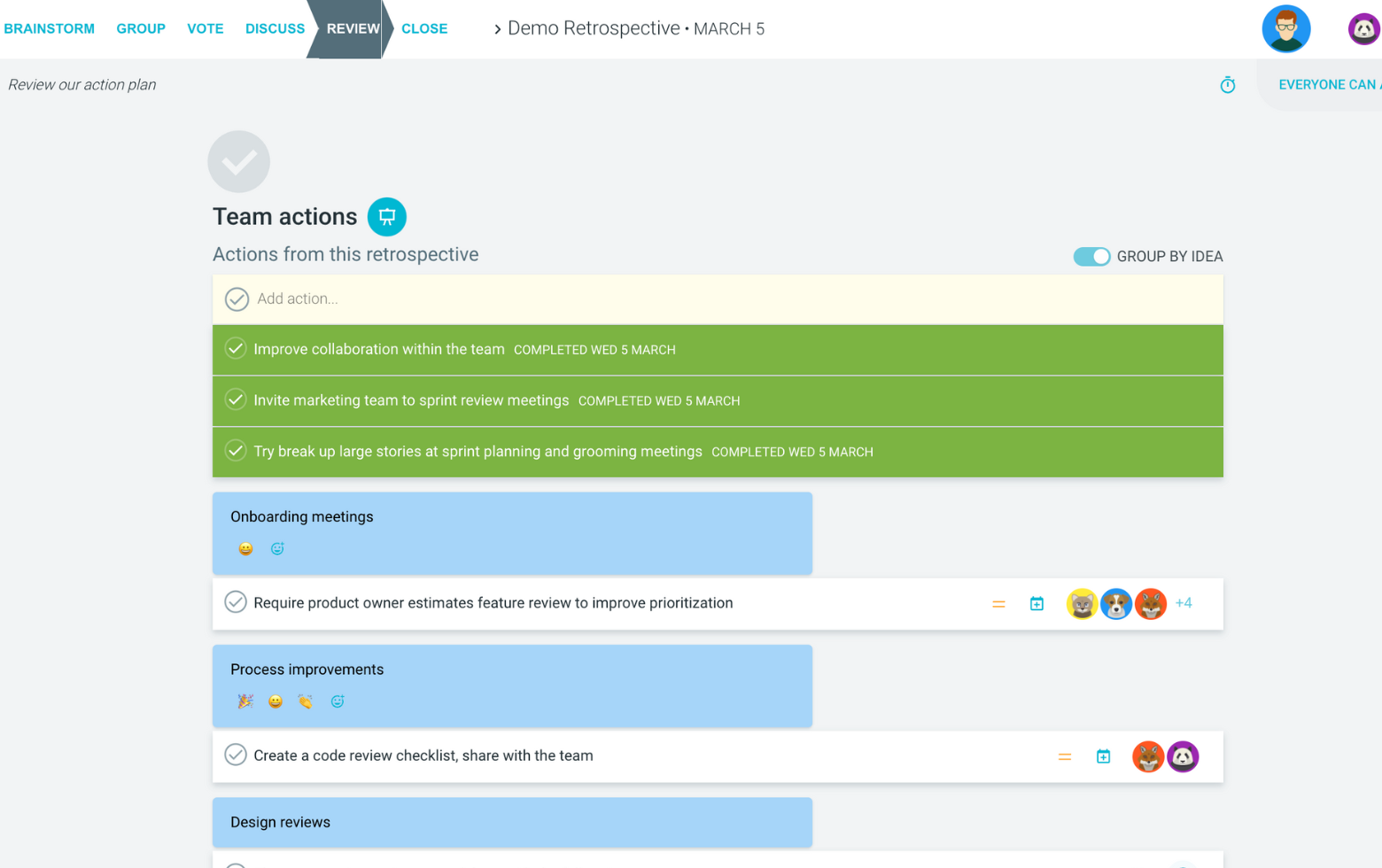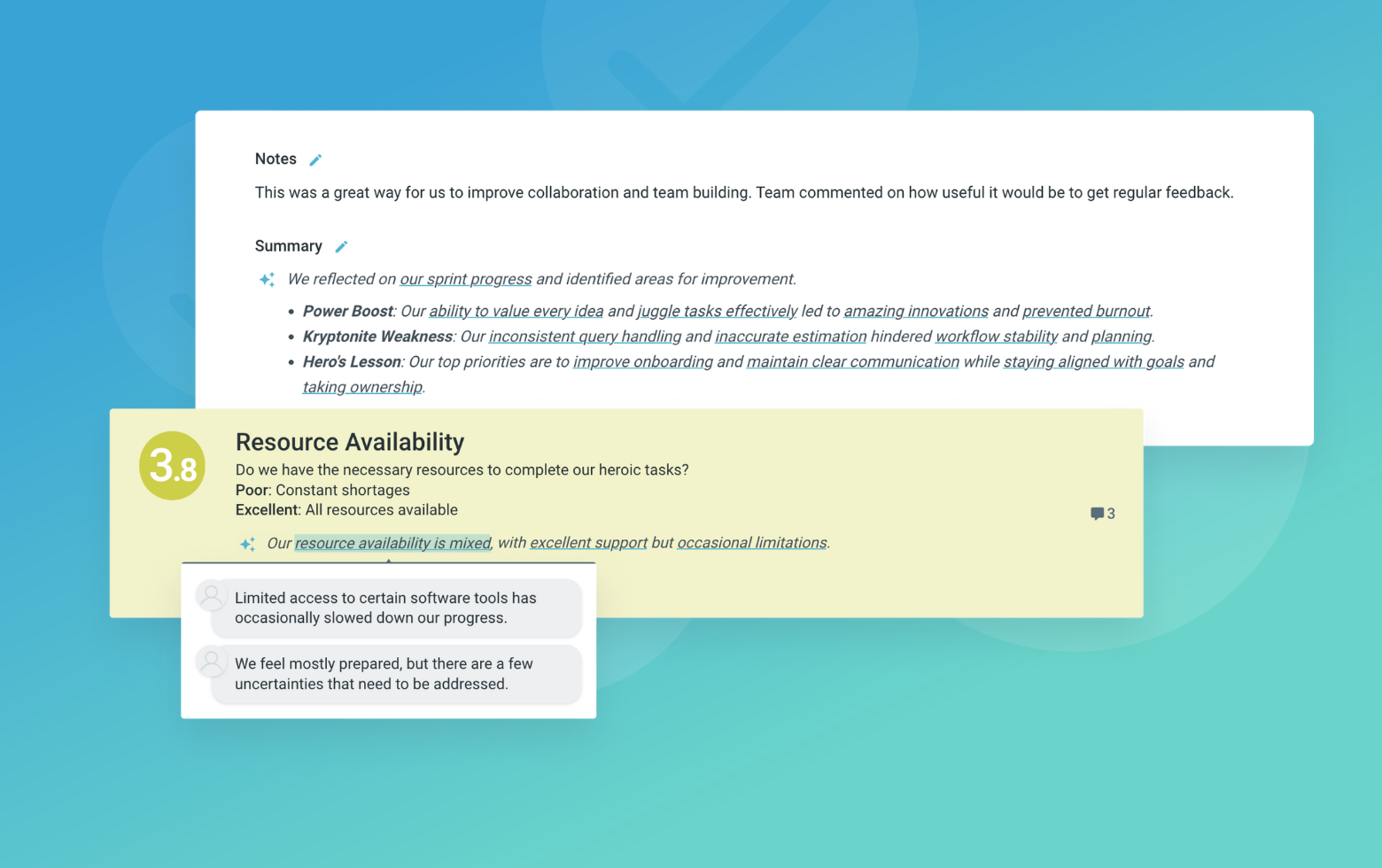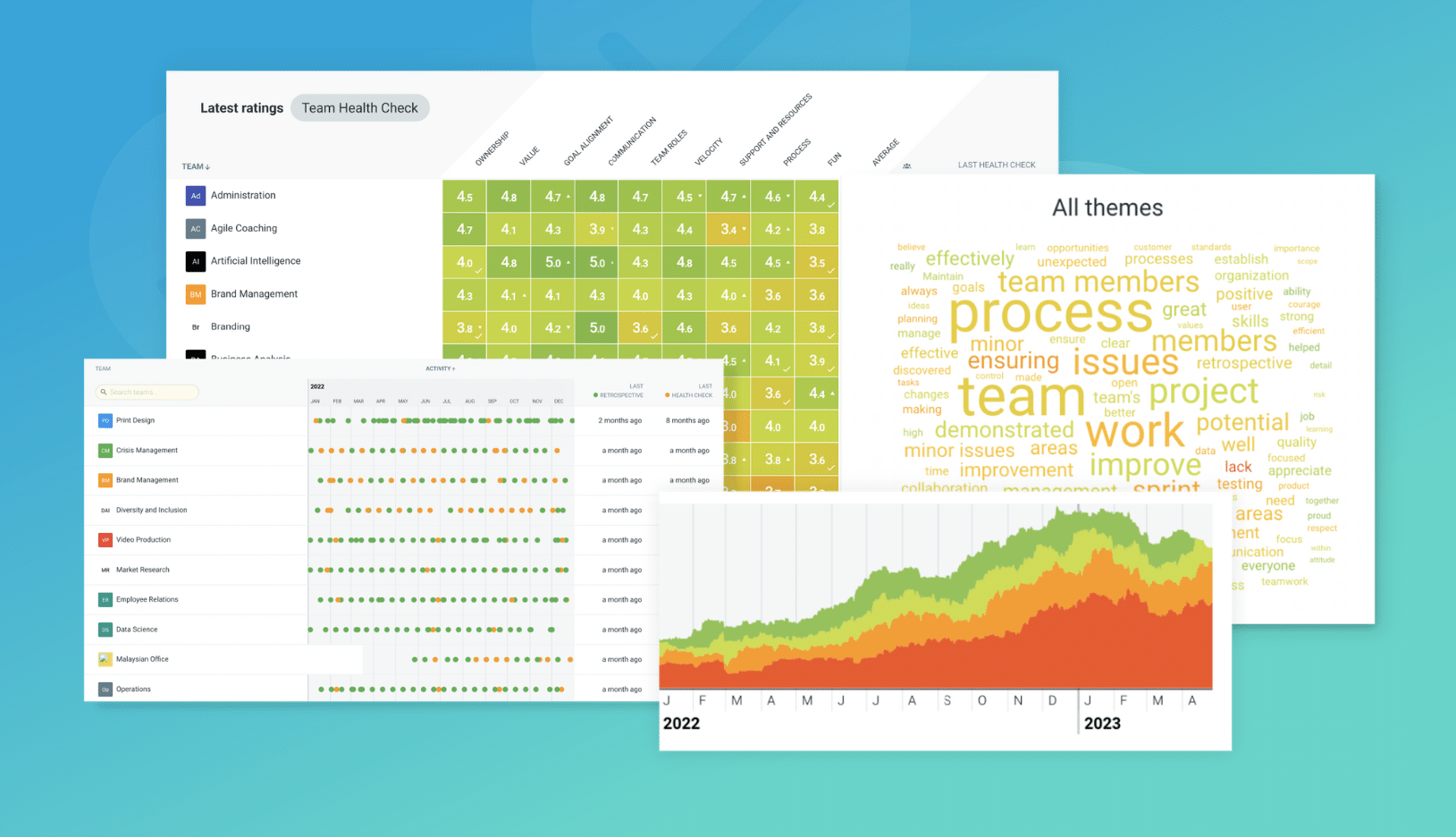The SCOR Futurespective is a forward-looking strategic planning framework that helps teams analyze potential future scenarios by examining Strengths, Challenges, Opportunities, and Risks. Unlike traditional retrospectives that focus on past events, this technique encourages teams to anticipate and prepare for future situations.Developed as an adaptation of the classic SWOT analysis, SCOR specifically focuses on future-oriented thinking and scenario planning. Teams use this framework to identify their current strengths, acknowledge potential challenges, recognize upcoming opportunities, and prepare for possible risks.This approach is particularly valuable for teams entering new projects, planning strategic initiatives, or preparing for organizational changes. By systematically examining these four dimensions, teams can develop more robust action plans and better position themselves for future success.
What is The
SCOR Futurespective
Strengths
What major strengths do we have?
Guide the team to identify current capabilities, resources, and advantages that will help achieve future goals. Focus on concrete, actionable strengths rather than general statements.
Challenges
What difficulties or threats could we face?
Encourage honest discussion about potential obstacles while maintaining a constructive tone. Help the team think beyond immediate challenges to consider long-term difficulties.
Opportunities
What can we capitalize on based on our strengths?
Help participants identify potential growth areas and advantages that could be leveraged. Focus on realistic opportunities that align with team capabilities.
Risks
What risks lie ahead and how can we reduce them?
Guide the team to identify potential risks while maintaining a solution-oriented mindset. Encourage thinking about mitigation strategies alongside risk identification.
Suggested icebreaker questions
- If you could time travel five years into the future, what's one thing you'd want to know about our team/project?
- What's one skill or capability you think will be crucial for our success in the coming year?
Ideas and tips for your retrospective meeting
- Start with strengths to build confidence and create a positive atmosphere before addressing challenges
- Use dot voting to prioritize the most important items in each category for focused action planning
- Encourage participants to think beyond immediate timeframes and consider long-term implications
- Create specific action items for each identified risk and opportunity
- Document and review previous SCOR analyses to track how predictions and preparations played out
- Keep the focus on actionable items rather than vague or unchangeable circumstances
.
How to run effective meetings with TeamRetro
Start Your Session in a Click
Log into TeamRetro and choose your template. Customise questions and the workflow to create your perfect retro for your team.
Create Your Team Easily – No Separate Accounts Needed
Brainstorm Individually – Free From Bias
Smart Grouping for Faster Insights
Fair, Flexible, and Fast Voting
Engage, React, and Capture Key Insights
Walk your team through ideas one by one with Presentation Mode. Stay in sync, spark real-time discussions, and capture feedback with comments, live reactions, and polls—all in one place.
Turn Ideas Into Action
Propose next steps with team buy-in, get AI-powered action suggestions, and keep everything in one place. Committed actions sync to your personal dashboard and integrate with your workflow tools—keeping you on track.
Save, Share, and Stay on Track
Get quick AI-powered summaries, add facilitator notes, and store retrospectives in your library for easy access. Schedule your next session and track published actions to keep your team accountable at the next retro.
Turn Team Data into Actionable Insights
Uncover trends, common themes, and key engagement metrics at a glance. Track sentiment shifts, analyze conversations, and monitor completed actions to drive continuous improvement.
